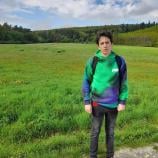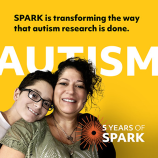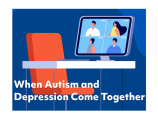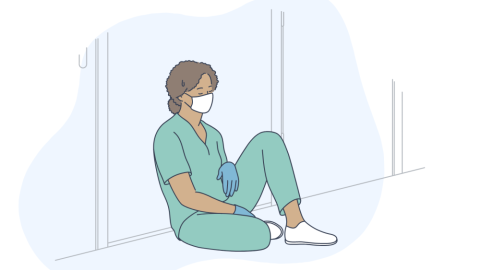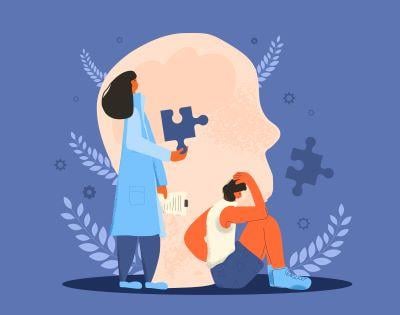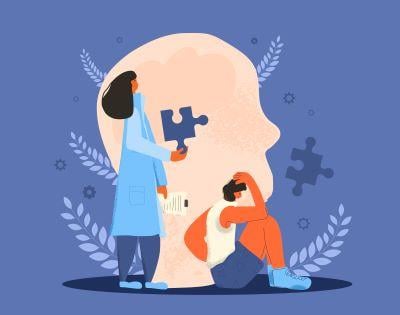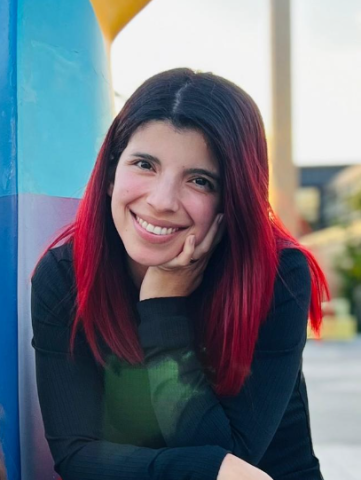Overcoming Unspeakable Struggles as an Autistic Man
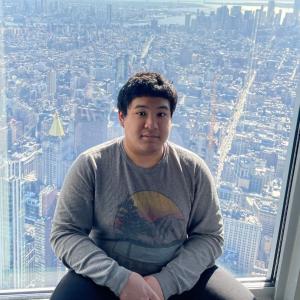
--Trigger Warning - Suicide Discussion --
My name is Gary and I overcame the major struggles of living as an early diagnosed person with autism.
When I was a child, I used to live with a physically abusive father and a home health aide (HHA) that would intensely neglect me. I would always have to physically defend myself against both my father and the HHA, since they would never allow me to breathe or be safe. In primary school, I was in a special education classroom, but the staff members were apathetic and they would psychologically abuse me. These situations would cause me to have severe meltdowns and frequently have nausea, due to the intensity of cruelty. Thankfully, but sadly, my father got deported back to his home nation and I was transferred to a general educational inclusive program.
Even though I am in a more safe and supportive environment there is still prejudice, marginalization, and stigmatization to overcome.
As a preteen, I had a traumatic history of being marginalized, minimized, and stigmatized by my community habilitation worker. And at the beginning of the COVID-19 pandemic, I had enough of her being emotionally abusive towards me and got child protective services involved. Thankfully, she resigned from working with me.
I was assigned a big brother from the Big Brothers Big Sisters of America (BBBSA) program during the pandemic. Dealing with one of my traumas, my big brother would never contact me back whenever I try to utilize him for my development, as part of the program's commitment. The only response I got in return was a close-minded discharge letter from that organization. I later tried applying for a summer internship provided by BBBSA, but their allies strongly interrogated me by asking me uncomfortable questions because I have autism and an IEP from school.
Becoming a teenager was a major obstacle that I overcame, since it was the time I experienced the most depression, anxiety, and trauma. Throughout my life, I have never had close friends within my age group because many of my peers were part of cliques, fake friends, and would easily betray me after short-term friendships. I had crushes on many people within my age group, but never got accepted, since they see me as socially insufficient. I even struggled with academic pressure and social isolation when interacting with general education teachers, since many of them are biased and mostly favor and prioritize the allistic [non-autistic] students. I also have been infantilized by special education staff.
I once thought of the most incredibly horrible ideation that no one shall ever repeat. I had to overcome the ideation of suicide, since I was so depressed, anxious, and traumatized by the way I was treated as an autistic person. I was hospitalized once and strongly interrogated by various social work agencies and my school counseling department a couple times. The worst that happened was that I received psychotherapy from a clinic, but was discharged and then blacklisted from many clinics since they do not have the empathy or specialty for autistic people, nor would they accept my health insurance.
Throughout my life, I mostly get stereotyped as an autistic man, especially when these stigmas fall under racism, sexism, and biphobia. Many female therapists and social workers would judge me because I am a BIPOC autistic man. And since I am part of the LGBT community—I am bisexual—I would at times fear that my family may see me as an embarrassment, due to them being conservative about sexuality.
Aside from my autism, I overcame my depression, anxiety, and trauma from past prejudice, marginalization, and stigmatization even though it was extremely complicated for me to forgive and overcome. I decided to share my story with ADAA because I believe that people with autism deserve to experience acceptance, empathy, and social justice in society. It is crucial that diverse age groups, trusted adults, and organizations create a comfortable space for both autistic and allistic individuals alike. If we continue omitting to advocate and/or relate towards people with autism, our society will never be diverse and would negatively continue promoting autistiphobia [discrimination and prejudice against autistic people].
I express gratitude for collaborating with the Bring Change to Mind (BC2M) program and being a development intern at Futures and Options. I may run out of ideas, but am willing to relate to those that need empathy from me and justice.
- Share Your Story and Voice and Help #breakthestigma Around Mental Health
- Support ADAA's Mission - Every Gift Makes an Impact
- Join an ADAA Online Peer to Peer Support Community
- ADAA Find Your Therapist
